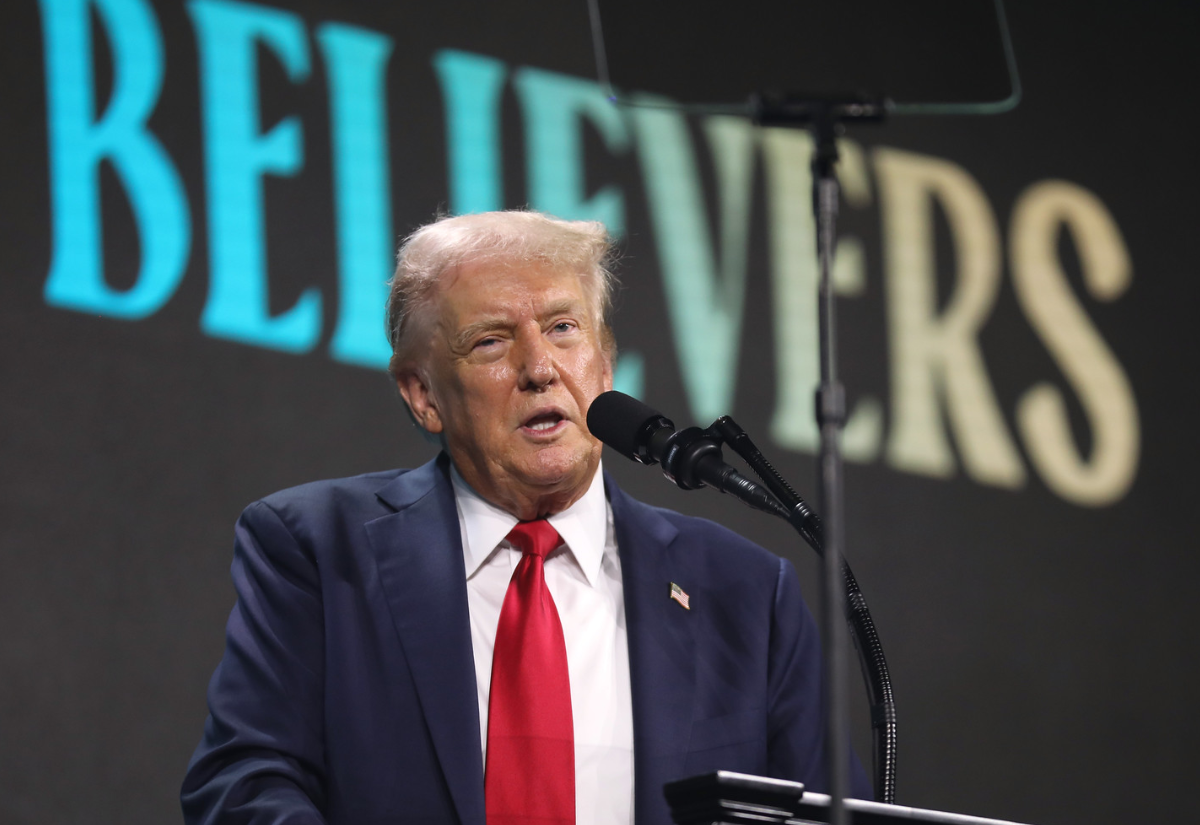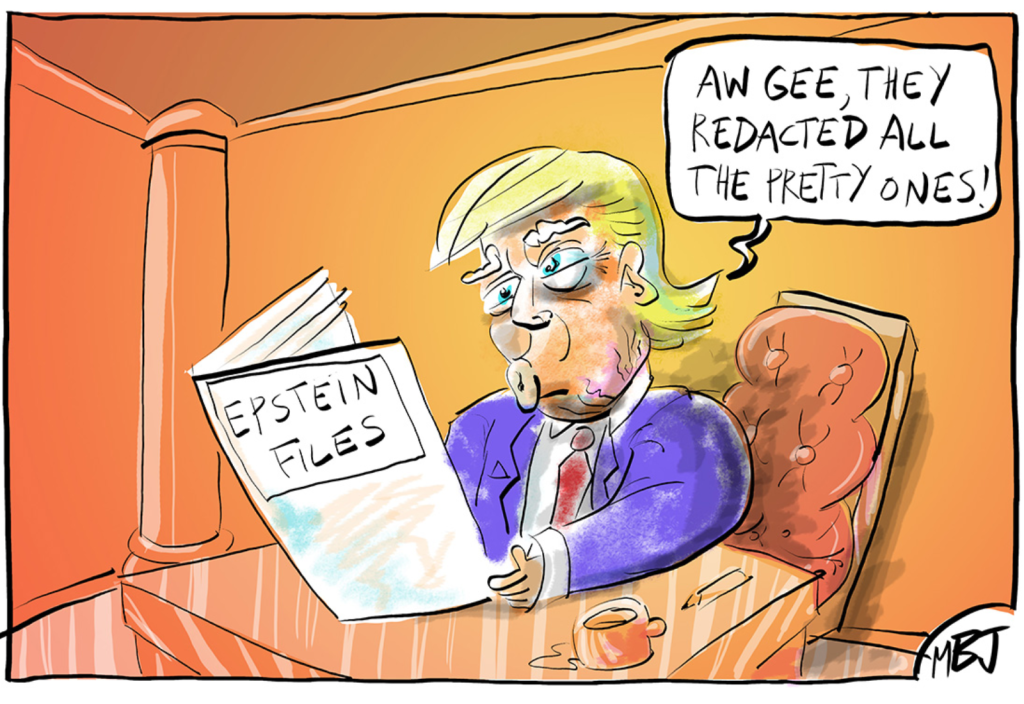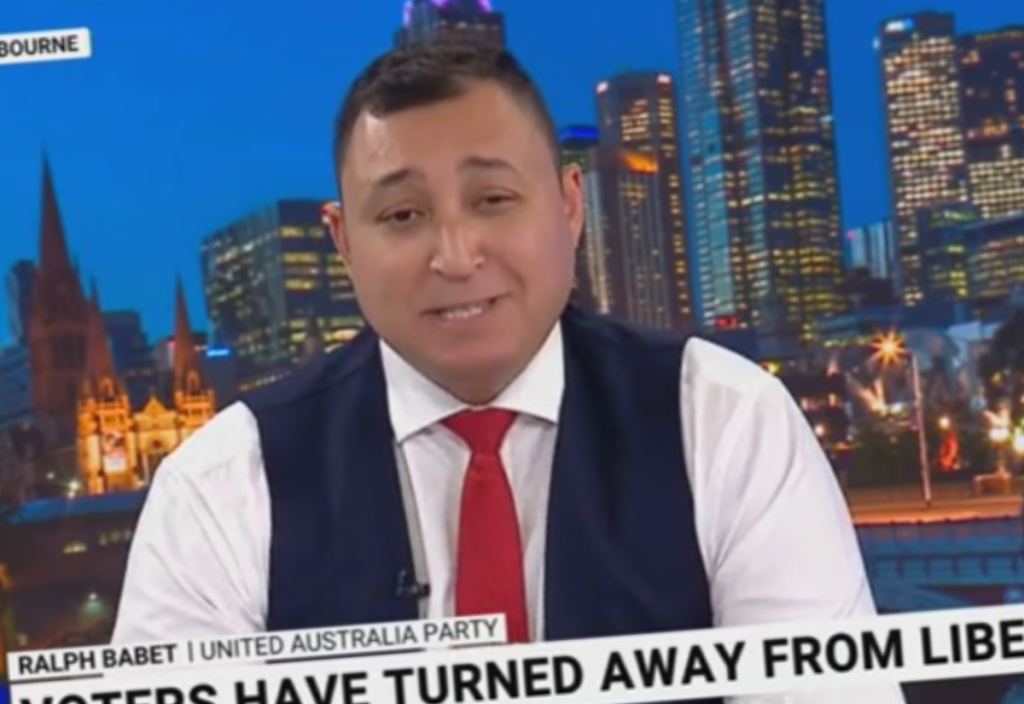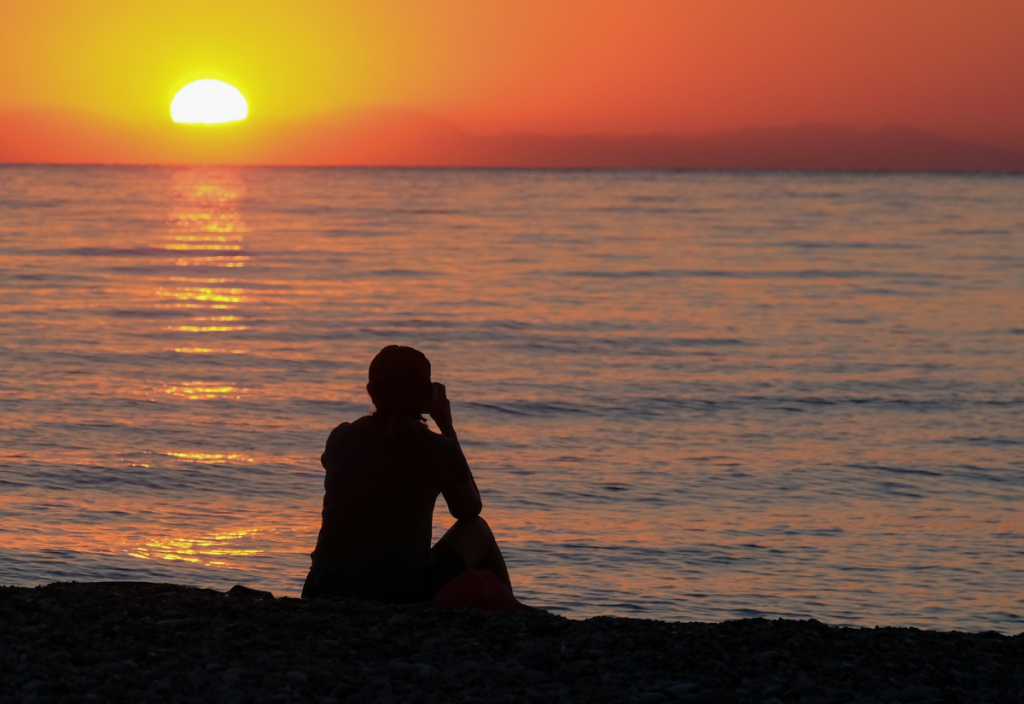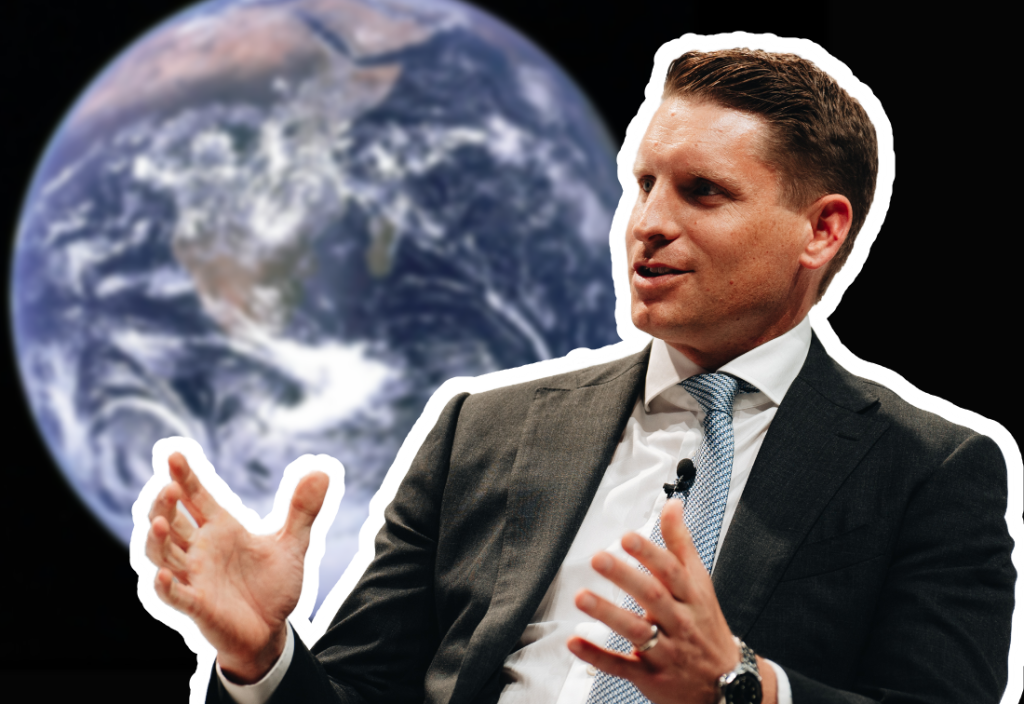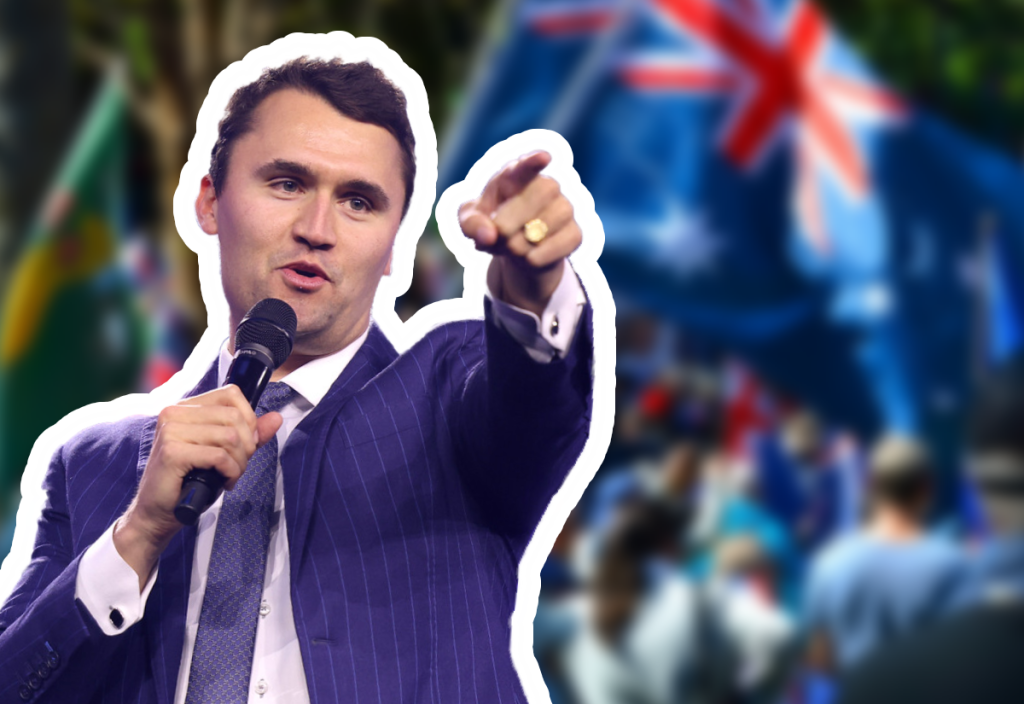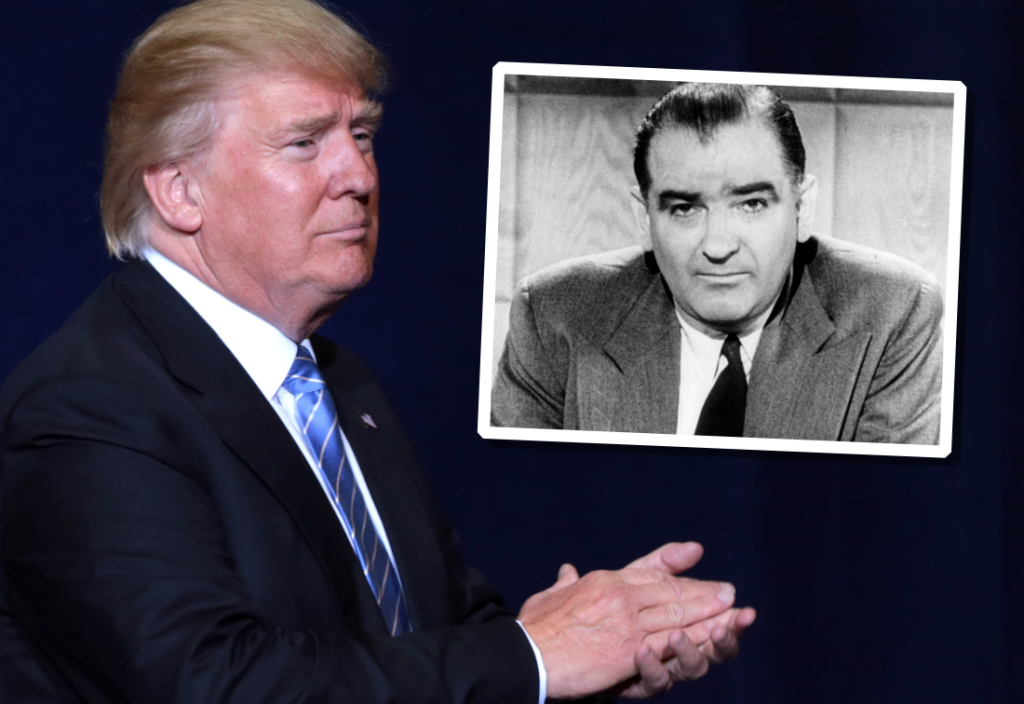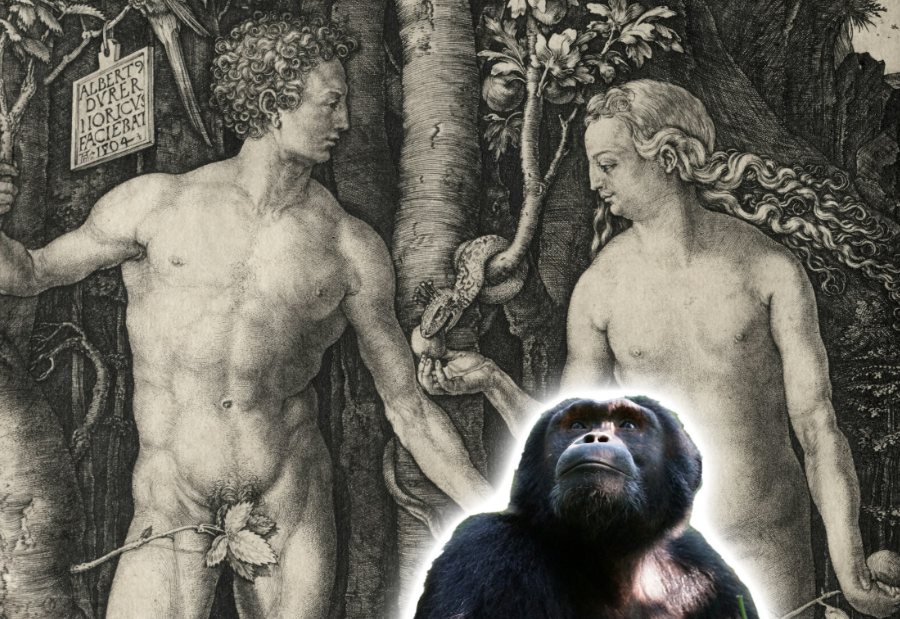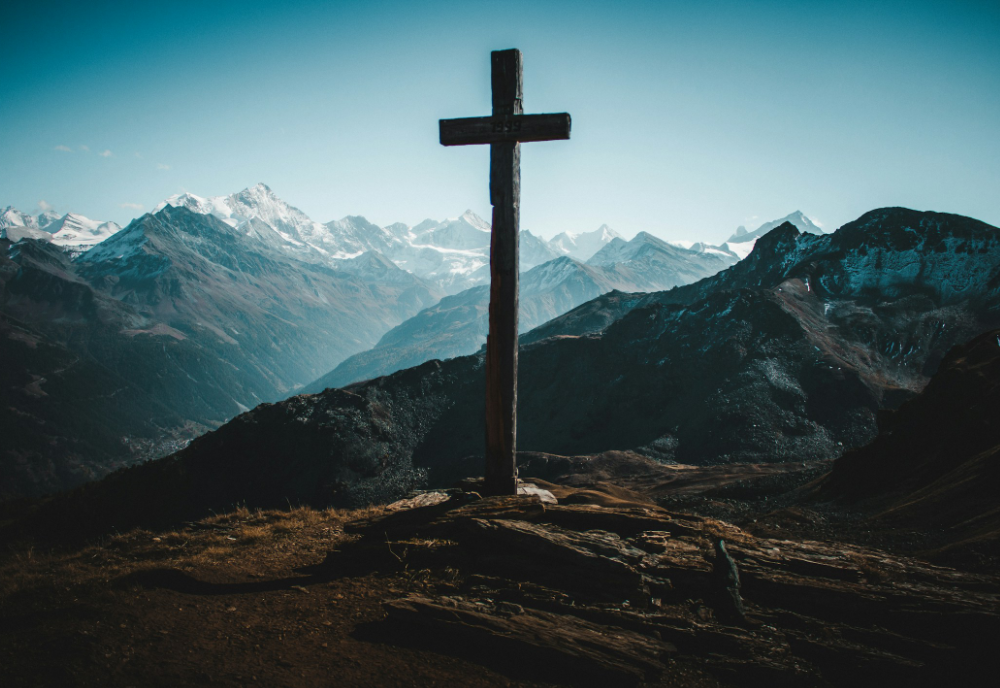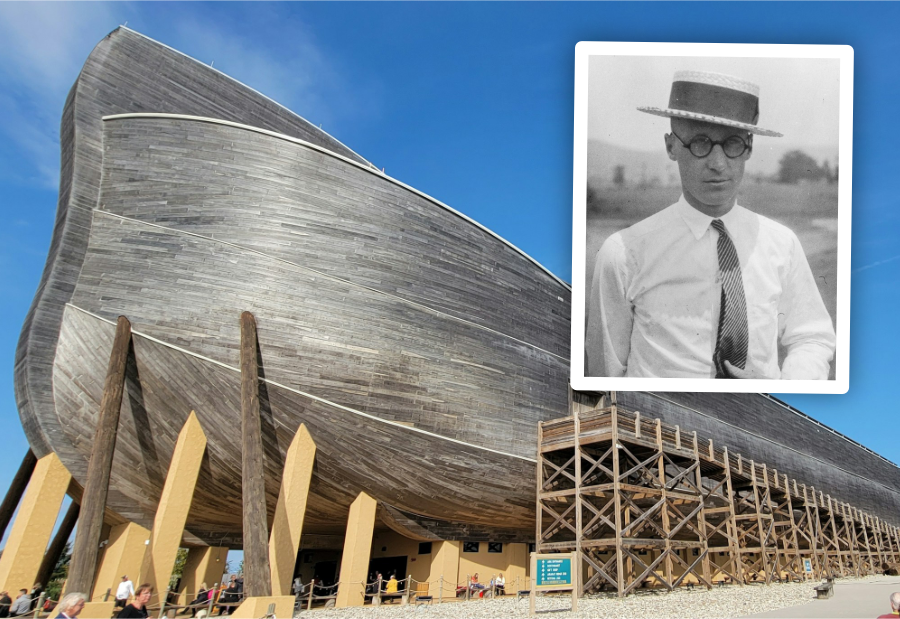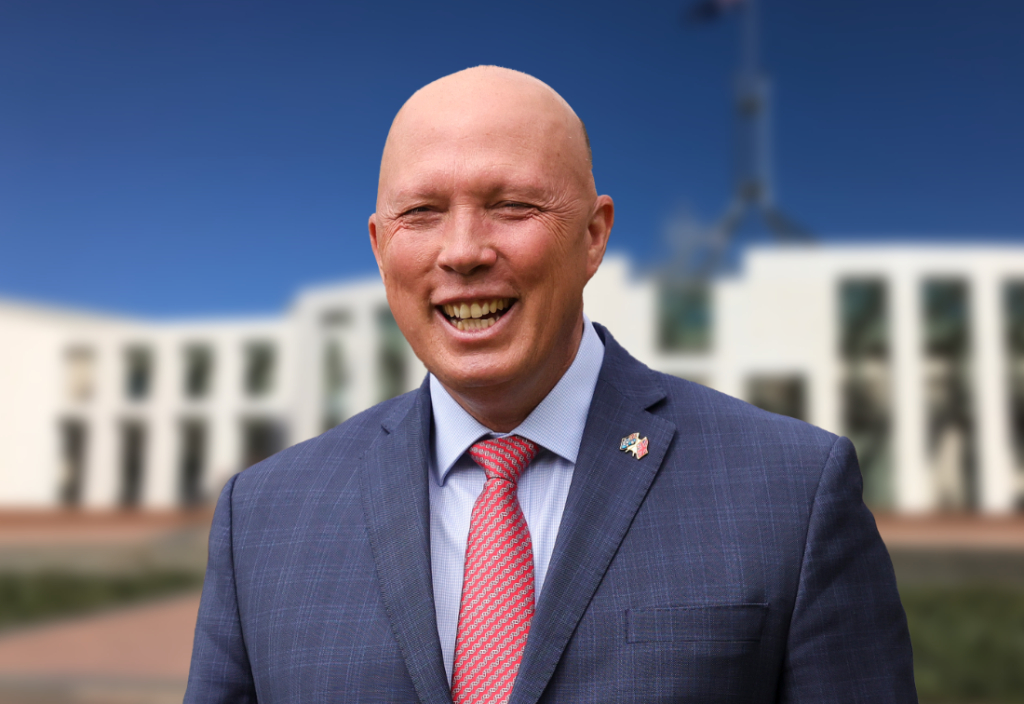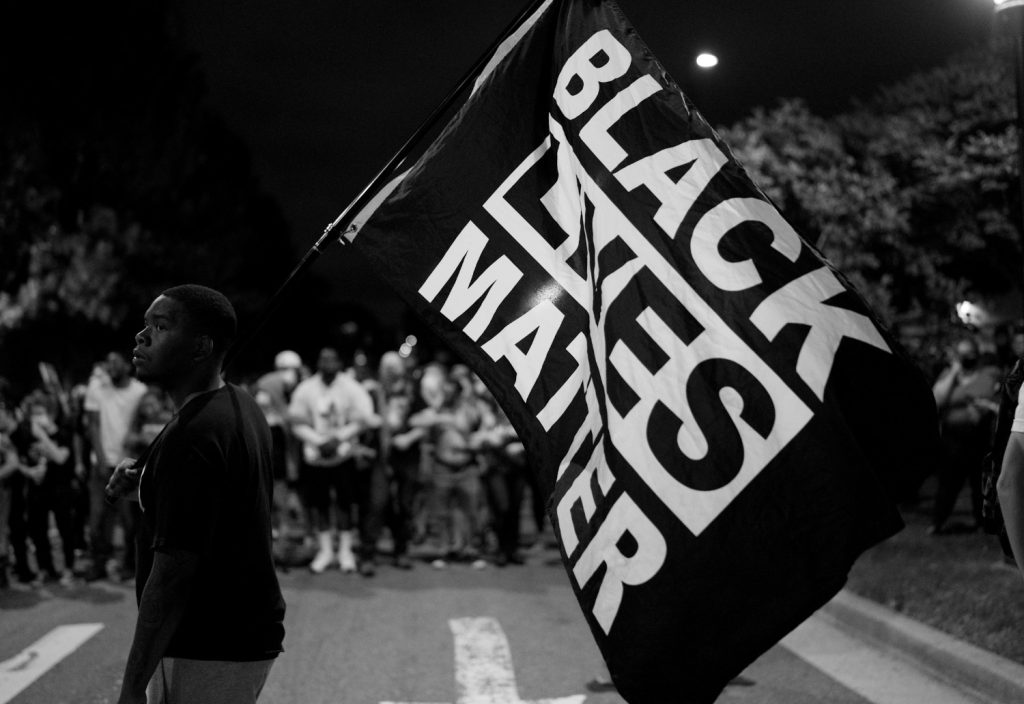As ‘ex-vangelicals’ around the world deconstruct the faith of their formative years, one topic repeatedly comes up – that of white GOP Jesus. It’s the image of the Christian deity remade from a Middle Eastern refugee who railed against religion, politics and capitalism to a white American capitalist religio-political figure mandating the Christian pursuit of power and dominion.
It is truly perplexing in terms of Biblical scholarship, but far from harmless. At no time in history has this been more obvious than the re-election of Donald Trump. Here, a twice-impeached ex-president who committed 34 felonies and a sexual assault, threatened to use the military against his detractors and incited an insurrection was voted back into the Oval Office.
Who chose him? There is no one single factor, but a big one is this group: white evangelicals.
Data from CNN showed that, among white voters, 81 per cent of those who were ‘born again’ or evangelical supported Trump. This was a 5 per cent bump from 2020, when Biden emerged victorious, and a 1 per cent bump from the last Trump victory.
Somehow, across this timeline, evangelicals watched the insurrection, the defamation trial, the felony counts, foul rants and more and still thought, “Yeah, this is God’s man. I’ll vote for him.”
I’ve joked that if I believed the Book of Revelation to be anything more than a piece of historical, allegorical fiction, I’d believe Trump to be the Antichrist. Today, I sit questioning whether there might be any truth to the archetype, such is his mind-boggling deception of Christians who believe themselves to answer to a higher standard of morality than heathens like me.
The Hispanic vote also played into this victory, especially in the ‘rust belt’ states, as this voter group tends to hold more conservative views on social issues and be more concerned with the cost of living. This is particularly noteworthy, as another factor at play here is potentially a shared concern over religion’s declining influence in the public sphere.
While political pundits will have their take on what happened and why, there is a part of this that Australia must urgently pay attention to. Evangelical, largely white, conservatism is becoming increasingly political – even here.
While some of my mainline religious friends remain shocked at what goes on behind the pulpits of Evangelical and New Apostolic Reformation churches, especially high-control microchurches of less than 120 adherents, it still happens far too often, and remains a long way from the scrutiny it deserves.
Christian nationalism exists here. But what is it? Christian nationalism is a sociopolitical ideology that merges Christian identity with national identity, advocating for the influence of Christianity in the public and political sphere. This movement often seeks to align national policies with conservative Christian values and promotes the belief that the nation’s success and moral integrity depend on its adherence to Christian principles.
Adherents of Christian nationalism typically view their faith as foundational to the national identity and moral fabric of the country, and they often resist secularism and pluralism in favour of a homogenous cultural and religious landscape.
This exists in Australia already. I’ve witnessed it over decades – many of them spent inside the movement. Like in America, it merges patriotism with a sort of ‘divine entitlement’ to govern the rights of others, placing LGBT+ people and women directly in the crosshairs. Like in America, it embeds the idea that Christians must take back this space, and it has special urgency at this present time in history.
We are riding the coattails of the COVID-19 pandemic and watching in horror as Israel perpetuates genocide in response to terrorism, and bombs neighbouring countries. At the same time, Ukraine still reels from Russian attacks. Believe it or not, this creates even more urgency to the right and far right-wing causes. Why? Already, the four horses of the apocalypse have been connected to current events: Covid-19 (the pale horse of pestilence and death); climate change (the black horse of famine, which, ironically, holds that all but the rich will suffer and oil value won’t diminish); the Israel/Palestine and Ukraine/Russia conflicts (the red Horse of War and Bloodshed)
All that is missing from this picture is the white horse of the Antichrist, as many Christians expect this figure to emerge from Russia or the Vatican. But you already know my thoughts on that. These factors combine to create an apocalyptic urgency in the right-wing that is not easily snuffed out.
The big red flag for me is the role of Israel in End Times prophecy. There is a pervasive belief in right-wing circles that Israel is God’s chosen people and that it plays a prominent role in the End Times. This is a multi-factored belief, centring Israel in Armageddon (Revelation 16:16), and viewing Jerusalem as the End Times capital (Zachariah 8:3).
Several of these passages predict numerous dire events to take place in Israel and act as a clarion call for unquestioning support of Israel and the evangelism of the Jews – because even God’s chosen people require rescuing from their own religion apparently.
Have you wondered why conservative politics continues to arm Israel despite clear violations of UN conventions on the rules of war? There you go. This is already an embedded concept influencing politics.
But let’s look at what else beckons. The conversation in ex-vangelical circles includes an uncomfortable idea – that is, of white supremacy in ultra-conservative movements, such as the rise of white supremacist groups and the re-emergence of neo-Nazis.
While political pundits will have their take on what happened and why, there is a part of this that Australia must urgently pay attention to. Evangelical, largely white, conservatism is becoming increasingly political – even here.
I’m not saying that churches give birth to neo-Nazis. But I am saying Hitler was a Christian, and we shouldn’t forget that. Nor should we forget that ultra-conservative churches operate on a spectrum of normalcy to extremism, and free will to high control.
While I am absolutely loathe to admit it, there are alarming strains of truth to this conversation around ‘good Christian whiteness’. Largely white churches have been evangelising ‘others’ for a long time. White leaders take their missions teams into the Philippines, Haiti, Papua New Guinea, and China. But would you see a missionary to England or Ireland? Not so much.
While most churches wouldn’t even dream of identifying as white supremacist, you will also notice a mostly white (male) leadership team, a mostly white service team, and mostly white congregants. You’ll also notice mostly BIPOC (black, indigenous, and other people of color) mission fields.
That’s just in the mainstream. However, research indicates that uncertain times are particularly vulnerable to extremism. Thus, we must be aware of this likelihood and be on the front foot politically, ideologically and socially.
The European Commission recently released a report into radicalisation and extremism. The link between political, economic or social upheaval was clear. So were the topic clusters: neo-Nazi movements; anti-Islam and anti-immigration; identitarian movements; ultranationalist and neo-fascist movements; far-right Sovereign Citizen movements; single-issue extremists.
Now ask yourself how many of these are spiking in Australia. We argue that Australia is less religious than America (correct) and that these ideas are less likely to take hold in Australia. Yet, recently Bob Katter ranted about the need for all Australian teenage boys to have guns and schools to have armouries. This bizarre take follows recent moves putting abortion laws back on the table in Queensland and in South Australia, despite this being a settled issue for many years.
Reporting from the last few years has already covered religious infiltration of mainstream political parties by right-wing ultra-conservatives.
Prior to 2016, I was a whole-hearted participant in right-wing politics and ideology. Now, my deep concern regarding this movement is threefold. Firstly, I don’t think people understand how deeply held these ideas are and how much adherents believe they are doing the work of a loving God who has given them a mandate to save the world from itself.
Secondly, this group will not be deterred by poor polling or secular distaste for their beliefs, no matter how controlling or theocratically dystopian they become.
Thirdly, there is a significant underestimation of just how organised the politically-activated Christian right truly is. It is not branch stacking proper unless a centralised group is paying for political party membership. But scrutiny should be placed on churches where a pastor with the ability to wield the pulpit for “thus saith the Lord” statements regarding voting, or even has the power to ‘motivate’ congregants to sign up for particular political parties or seek roles within them.
Secular volunteerism is tricky to manage at the best of times. Ask anyone with a volunteer organisation. When there is a group of people deployed by a church or as part of a network of political churches that have an interest in a centrally controlled Christian agenda, you have problems. You have a clandestine cabal. It’s not quite branch-stacking, but even if there are degrees of coercive or spiritual control in these circles, it is not quite free will either.
As news of Project 25 – the anti-women’s suffrage, anti-LGBTQA, pro-theocracy, anti-reproductive rights, anti-gender affirming or queer-friendly health care movement – broke, many people said to me, “But, surely, it won’t happen here. We have a different legal and political system.”
To this, I have three things to say. Firstly, this group is already organised and on the march with a mission from ‘heaven’ to make our lives hell.
Secondly, organisations like the Australian Christian Lobby are already hooked into the churches of those who say “thus saith the Lord” and then talk about politics – a practice that is becoming increasingly acceptable in many churches.
Thirdly, Project 25 is already a lived reality of women and girls in ultra-conservative movements here in Australia and abroad. They are already expected to submit.
Tradwife movements are already re-emerging, with influencers speaking out against feminism and women’s rights. Women and girls in these circles are already prohibited from abortion and sometimes contraception by their pastors and spiritual leaders. Such leaders also say that these women have no right to be unsubmitted to their husbands and even deny them the right to say no to sex after they are married. That is to say nothing of rampant anti-LGBTQA+ views and even moves by fringe groups to put the definition of hate speech back on the table.
Project 25 already lives and it is built on the back of a white God. Christian nationalism is already in Australia. We are counting down to our next election. Let’s not underestimate this or let the messaging on what’s important become hijacked by a politically organised and apocalyptically motivated right wing. If we ignore it, it will be to our detriment, and to that of our children.
Published on 12 November 2024.
If you wish to republish this original article, please attribute to Rationale. Click here to find out more about republishing under Creative Commons.
Photo by Gage Skidmore (CC, Flickr)

